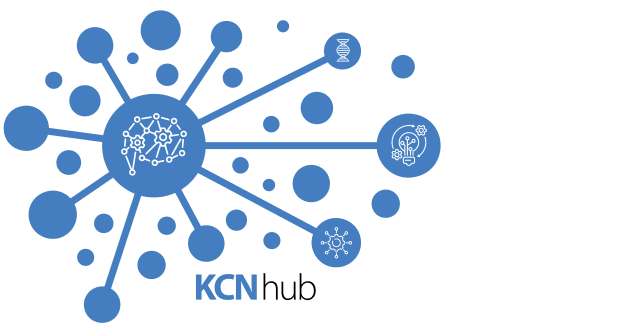Background
On March 7-8, 2016 we held a Toronto Computational Neuroscience Workshop. Funded and organized by the Krembil Research Institute, the event brought together key actors in the field of computational neuroscience and its interface across multiple research institutions in the Toronto area. Through a series of seminars, invited speakers had a chance to present their research foci and interests, allowing local groups to hear about ongoing research projects, and simultaneously have a chance both to share their own vision and receive feedback from the local community. The initiative behind the workshop came from a surprising fact: research in computational neuroscience in the Toronto area is both rich and diverse, but many groups, operating independently in the different local research institutions, know little about what is done next door and have limited opportunity to meet and interact. It goes without saying that increasing the awareness of what those in this research community are doing would optimize the development of collaborations and new research directions.
Catalyzed by the Krembil, this workshop was an astounding success. The event was well-received and largely exceeded our initial expectations. More than 130 attendees pre-registered for the event, including principal investigators, graduate students, clinicians and trainees. Additional people who did not pre-register attended, based on several requests that came after the registration deadline. Thus, a conservative estimate of the total number of attendees is 150. The research themes of the workshop were oscillations, neural coding and the dynamics of neurobiological disorders. Much excitement was generated and many requests for making this a regular event arose. By focusing on computational neuroscience and its interface, the workshop allowed many local scholars to be exposed to computational/mathematical neuroscience techniques¸ topics that are often not present in ”regular” local neuroscience symposia and seminars. Indeed, the field of computational neuroscience is wide-ranging and diverse, and overlaps or encompasses neuroinformatics from many perspectives (A Definition).
The success of the workshop exposed a need to create links between computational neuroscientists in the Toronto area. Despite the existence of the Collaborative Program in Neuroscience (CPIN) and numerous departmental affiliations within the University of Toronto, the local computational neuroscience community currently does not possess a networking platform on which to initiate, grow and/or catalyze research initiatives. Common themes around neuromodulation, health and disease could unify many labs in the area, and amplify the impact of the resulting research.
Following this, Krembil Computational Neuroscience Events or KCN Events were initiated in April 2017 (Events).
